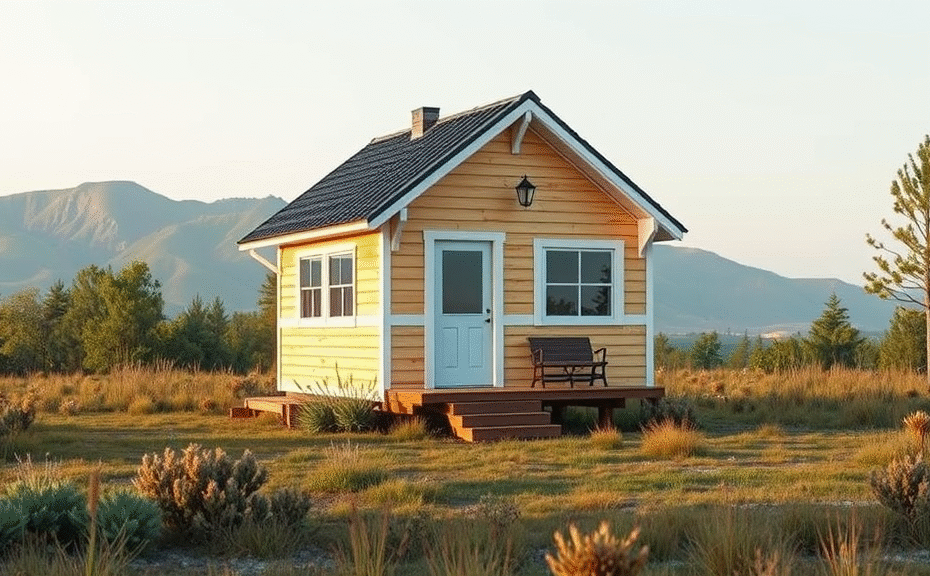Understanding Covenanted Land and Tiny House Parking
When considering whether you can park a tiny house on covenanted land you’ve purchased, the key factor lies in the specific restrictions and rules outlined in the covenant agreement. Covenanted land typically comes with legally binding conditions that govern land use, which often include limitations on structures, building types, and temporary housing.
The Impact of Covenants on Tiny House Placement
Covenants are designed to maintain a certain aesthetic, land value, or community standard. Many covenants explicitly prohibit non-traditional dwellings like tiny houses, camper vans, or mobile homes, especially if the tiny house is perceived as a permanent residence. Before parking a tiny house, reviewing the covenant details is essential. Some covenants may:
- Prohibit temporary or mobile structures
- Require minimum dwelling sizes or permanent foundations
- Restrict the use of land to conventional homes
- Demand approval from a homeowners’ association (HOA) or land manager
Steps to Determine Tiny House Parking Eligibility
To ensure compliance and avoid legal issues, follow these steps:
- Obtain and thoroughly read the covenant document from the land sale
- Consult with a real estate lawyer familiar with local land use and covenants
- Contact the HOA or local governing body for permissions or exceptions
- Check local zoning laws alongside covenant restrictions
Additional Considerations for Tiny Houses on Covenanted Land
Even if covenants do not explicitly restrict tiny houses, local zoning regulations may impose further rules about minimum lot sizes, utility hookups, or building codes. Therefore, parking a tiny house on covenanted land requires a dual review of private covenants and public regulations to ensure full compliance.
